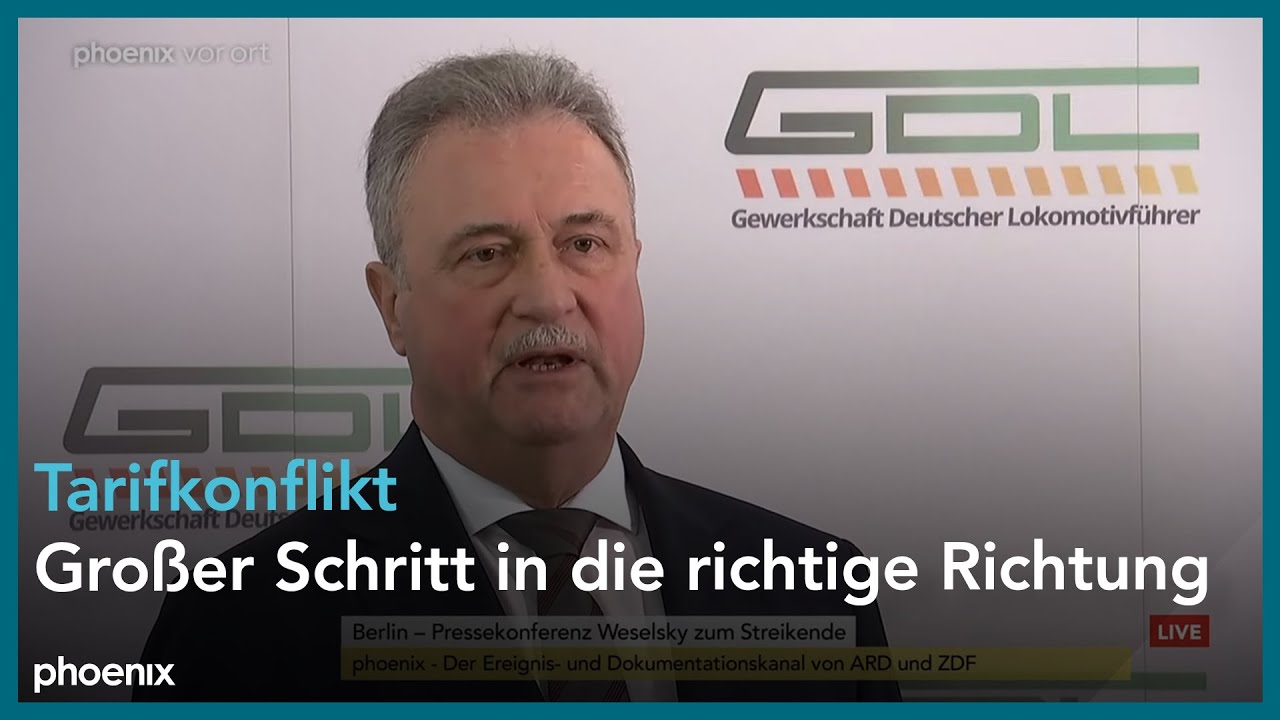Paul Finch: Public Service Bargaining + Slow Going at the Table
Summary
TLDRPaul Finch, president of the BC General Employees' Union and chair of the public service bargaining committee, provides an update on the union's ongoing negotiations. The employer has shown little movement on key non-monetary issues, including job security, grievance resolution, telework protections, and exclusions. The union is disappointed with the lack of progress and is preparing for potential strike action if their priorities are not met. The union’s bargaining committee is intensifying efforts and has formed a costing team to address monetary proposals, with a strategy in place for the upcoming June negotiations.
Takeaways
- 😀 The president of the BC General Employees Union, Paul Finch, provides an update on the union's bargaining process.
- 😀 The update highlights the lack of progress in the negotiations with the employer, especially regarding non-monetary items.
- 😀 Key priorities identified by union members include job security, grievance resolution, telework protections, and dealing with exclusions in the bargaining unit.
- 😀 The union has tabled proposals on these key issues but has seen minimal movement from the employer, except for job security (MOU1).
- 😀 The employer has stated they are not ready to negotiate or table financial items until mid-June.
- 😀 In response, the union has started working on monetary proposals and is preparing for a potential strike vote if demands are not met.
- 😀 The union has formed a costing team to focus on preparing monetary proposals for the upcoming negotiations in June.
- 😀 The union remains committed to pushing forward the priorities identified by the members, including both non-monetary and monetary items.
- 😀 Over 8,000 union members participated in a survey, reaffirming the importance of the priorities identified earlier in the bargaining process.
- 😀 The union expresses frustration at the slow pace of negotiations but assures members that they are preparing and strategizing for the next steps in bargaining, including potential strike action.
Q & A
What is the main topic of Paul Finch's update?
-Paul Finch provides an update on the ongoing bargaining negotiations between the BC General Employees Union and the employer, highlighting challenges and progress in both non-monetary and monetary issues.
What are some of the key priorities identified by union members in the negotiations?
-Key priorities include job security through rolling bonuses and TMAs into base pay, rapid grievance resolution, telework protections, and addressing exclusions that affect the bargaining unit.
Has there been any progress on non-monetary issues?
-Progress has been limited. The union has tabled proposals on non-monetary issues, but the employer has shown little movement on them, with the exception of MOU1 on job security.
Why is the employer not negotiating monetary items yet?
-The employer has stated that they do not have a financial mandate to discuss monetary items and will not be ready to negotiate on these issues until mid-June.
What steps is the bargaining committee taking in response to the lack of progress?
-The bargaining committee is preparing for upcoming negotiations by forming a costing team to develop monetary proposals. They are also readying for a potential strike vote if their priorities are not met.
What has been the union's stance on a potential strike?
-The union is not currently in a strike situation, but they are preparing for the possibility of a strike vote if their key priorities are not addressed by the employer.
How has the union received feedback from its members regarding priorities?
-The union received over 8,000 responses to a survey, which reconfirmed the priorities identified at the start of bargaining, and in some cases, these priorities have become even more urgent.
What is the significance of the survey responses for the bargaining committee?
-The survey responses reaffirm the priorities of the members and provide a strong mandate for the bargaining committee to continue pushing for these issues in negotiations.
When does the union expect to resume negotiations with the employer?
-The union expects to resume negotiations in mid-June, when the employer is expected to be ready to discuss monetary items.
What actions are being taken to prepare the membership for future bargaining developments?
-The union is accelerating efforts to prepare its membership for the possibility of a strike vote, ensuring that members are informed and ready for the next steps in bargaining.
Outlines

Cette section est réservée aux utilisateurs payants. Améliorez votre compte pour accéder à cette section.
Améliorer maintenantMindmap

Cette section est réservée aux utilisateurs payants. Améliorez votre compte pour accéder à cette section.
Améliorer maintenantKeywords

Cette section est réservée aux utilisateurs payants. Améliorez votre compte pour accéder à cette section.
Améliorer maintenantHighlights

Cette section est réservée aux utilisateurs payants. Améliorez votre compte pour accéder à cette section.
Améliorer maintenantTranscripts

Cette section est réservée aux utilisateurs payants. Améliorez votre compte pour accéder à cette section.
Améliorer maintenantVoir Plus de Vidéos Connexes

Promoting Government Workers' Rights Through Public Sector Unionism (LunChat with CSC S02E17)

Claus Weselsky (GDL) zum Ende des Warnstreiks

What Is the Collective Bargaining Process?

PRESS CONFERENCE (DECEMBER 9, 2024)

(라이브뉴스) 김경율, 박근혜 비아그라 도발! / 2024.01.27

Materi Teks Negosiasi Kelas 10 MA/SMA/SMK I Bahasa Indonesia
5.0 / 5 (0 votes)
